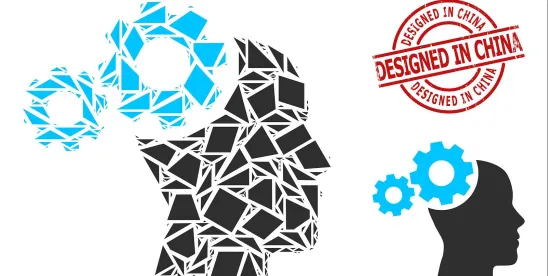On December 11, 2024, China’s National Copyright Administration and Ministry of Education released the Notice of Legalization of Software in the Education System (教育部 国家版权局关于做好教育系统软件
正版化工作的通知). The Notice was issued in order to implement the Notice of the General Office of the State Council on Issuing the Measures for the Administration of the Use of Genuine Software by Government Agencies (国办发〔2013〕88号) and aims for “the use of software without the authorization of the software copyright owner will be basically eliminated.”

The Notice states:
By the end of 2027, a long-term mechanism for the legalization of software in the education system will be basically established, the legalization rate of software in the education system will be significantly improved, genuine operating system software, office software and anti-virus software will be fully used, and the use of software without the authorization of the software copyright owner will be basically eliminated. The copyright protection awareness of education system staff, teachers and students will generally increase, and respecting and protecting intellectual property rights will become a conscious action of teachers and students.
This will be accomplished through 6 measures:
(I) Improve the working mechanism. All localities and schools should fully recognize the significance of software legalization from the perspective of maintaining information security, stimulating innovation vitality, creating an innovative environment and promoting talent cultivation…
(II) Strictly manage procurement. All localities and schools should establish and improve software procurement management mechanisms, standardize procurement processes, and implement centralized procurement requirements for office terminals and genuine software in accordance with relevant government procurement policies and regulations for computer hardware and software…
(III) Standardize usage management. All localities and schools should formulate software asset management systems to standardize the management of software registration, configuration, use, maintenance, disposal and other links to prevent software authorization failure and asset loss due to organizational adjustments, personnel changes, system software version upgrades, equipment updates and other factors…
(IV) Expand promotion and application. All localities should take into account regional, urban-rural, and inter-school differences, and promote the legalization of educational system software in a classified manner according to the characteristics and actual needs of schools of different types and stages, give priority to equipping primary and secondary schools and secondary vocational schools with legal software, and focus on urging colleges and universities to take the lead in completing work goals…
(V) Deepen industry-university cooperation. Local education departments, colleges and universities, and software companies should work together to establish a supply-demand docking mechanism to promote software talent training and industrial development…
(VI) Strengthen publicity and education. All localities and schools should include software legalization in the publicity content of related work such as education digitization and network security, make full use of important time nodes such as World Intellectual Property Day, National Security Education Day, and National Cyber Security Publicity Week, and widely carry out distinctive, effective and targeted publicity activities to popularize software copyright knowledge and enhance the awareness and habit of teachers and students to use genuine software…
The full text of the Notice is available here (Chinese only).



 />i
/>i

